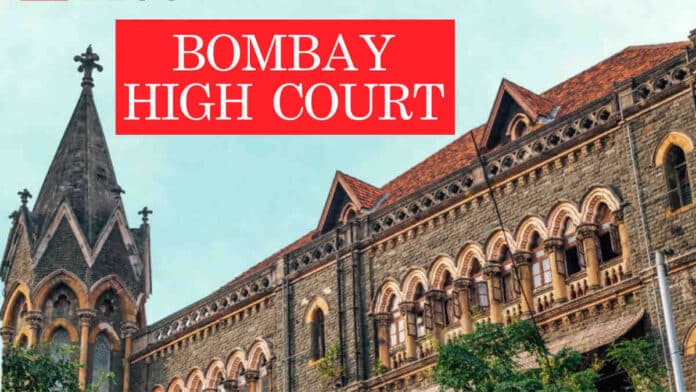After receiving a rebuke from the Bombay High Court, the Maharashtra government on Friday said it has appointed senior advocate Raja Thakare as special public prosecutor for the proceedings related to the confirmation of death sentences and appeals filed by the convicts in the 2006 Mumbai serial train blasts case.
A division bench of Justices N W Sambre and Rajesh Patil had on Wednesday pulled up the government for its “lack of seriousness” on the issue.
On Friday, the bench was informed that Thakare has been appointed as special prosecutor to represent the government.
The court said it would begin hearing the confirmation petitions from October 5 on a day-to-day basis.
A lawyer representing one of the convicts requested that the hearing be started two weeks later, but the court declined the request.
“You are getting four weeks. This matter is listed time and again before the court and considering its gravity we deem it appropriate to fix the matter for hearing on a day-to-day basis. We direct convicts to commence argument. No adjournment on whatsoever ground will be allowed,” the court said.
Seven coordinated blasts ripped through local trains in Mumbai during evening rush hour on July 11, 2006, killing more than 180 people and injuring several others.
Between 2006 and 2008, the Anti Terrorism Squad (ATS) of Maharashtra Police arrested 13 members of the terror outfit Indian Mujahideen in the case.
In September 2015, the trial court convicted 12 of them, awarded the death penalty to five and sentenced seven others to life imprisonment. One accused was acquitted.
The state government filed an appeal in the high court seeking confirmation of the death penalty. A death sentence awarded by the trial court has to be confirmed by the high court.
The convicts too filed appeals challenging their conviction and sentences.
However, the hearing in the high court did not start as Thakare, who was the special prosecutor in the trial court, was not willing to serve as prosecutor at the appellate stage and the state government did not take any decision swiftly, leading to the high court observing earlier this week that it was not showing enough seriousness.




